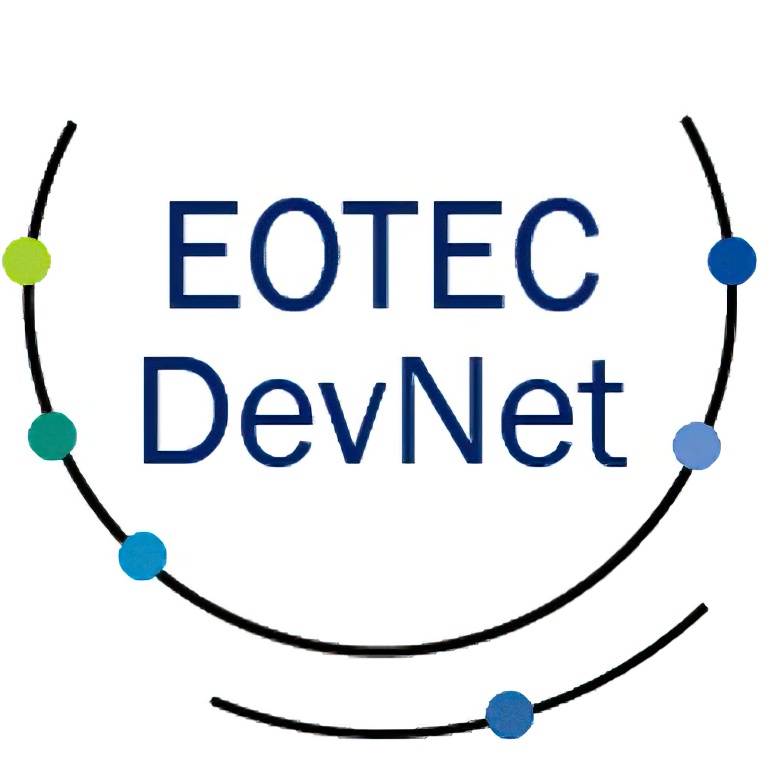Climate variability and change, occurrences of extreme weather events and anthropogenic pressures on the environment, all contribute to growth and dispersal of pathogens, leading to outbreaks of water associated diseases such as cholera, malaria, dengue, among others. The United Nations Sustainable Development Goals (SDG) dealing with health, climate, and life below water recommends an integrated approach to maintain high water quality. From monitoring the water bodies via satellite remote sensing to new techniques for identifying and isolating pathogens, there has been much advancement in our capability to monitor water quality.
With this course, we aim to create a link among the international researchers and experts on the advanced satellite remote sensing and geospatial techniques for water quality monitoring and generate highly skilled manpower in the area. The lectures will be offered by experts who are highly experienced in the subject. You will leave this course with a clear understanding of why and how to use EO data to assess the water quality.
The training is being organised in three modules:
1. Module 1 (11-15 July2022):
Introduction to remote sensing, in collaboration with EUMETSAT – led by Dr. Hayley Evers King
2. Module 2 (18-22 July 2022):
Geospatial data and analyses – INPE, Brazil – led by Dr. Milton Kampel & Dr. Philipe Riskalla Leal
3. Module 3 (25-29 July2022):
Case studies on Earth Observation for Human Health -INPE, Brazil – led by Dr. Milton Kampel & Dr.Shubha Sathyendranath
